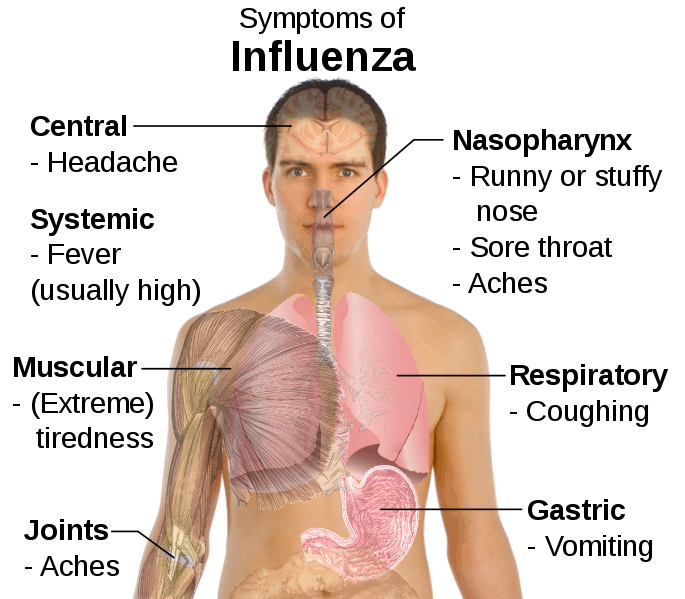
A man in his 60s died yesterday from complications related to the H1N1 flu, according to a press release issued today by the Humboldt County Department of Health and Human Services (DHHS).
The department’s public health director, Susan Buckley, is encouraging people to go out and get their flu shots. “Getting vaccinated is the best way to reduce the chances that you will get the flu and spread it to others,” she says in the release.
This particular flu strain — also known (incorrectly) as “swine flu” — often targets the young and healthy, and it has reportedly killed 17 people in the Bay Area. But DHHS Public Information Manager Heather Muller says it hasn’t reached the epidemic level of the 2009 outbreak.
Regardless, this is a virus not to be messed with. Get your flu shots, folks. There’s a walk-in clinic every Thursday this month at the DHHS office in Eureka (529 I Street). The shot costs $17, but if you can’t afford that you won’t be turned away.
Here’s the press release:
A man in his 60s died Monday in a Humboldt County hospital from influenza related complications. Laboratory results confirmed H1N1 influenza. Officials report he had other underlying health conditions.
“Our thoughts are with his family and friends at this time,” said Humboldt County Health Officer Dr. Donald Baird, who added that to protect the man’s privacy, no additional information would be released.
Baird noted that while some cases of flu can be less severe than others, this resident’s death serves as a reminder that H1N1 has the potential to cause serious illness, in all age groups, even in previously healthy individuals.
This death is the first in Humboldt County believed to be related to H1N1 for the 2013-14 flu season. Flu season generally runs from October to May. Statewide, seven laboratory-confirmed flu deaths of people under the age of 65 have been reported this flu season to the California Department of Public Health (CDPH) as of Jan. 4. An additional 28 deaths are currently being investigated as possibly related to influenza.
The Centers for Disease Control and Prevention (CDC) recommends that everyone 6 months of age and older be vaccinated. It usually takes two weeks after receiving the flu vaccine for antibodies to build up in the body sufficiently to achieve the best protection.
“A flu vaccine is needed every year because flu viruses are constantly changing,” said Department of Health and Human Services (DHHS) Public Health Director Susan Buckley. “Getting vaccinated is the best way to reduce the chances that you will get the flu and spread it to others.”
This year’s flu vaccine protects against three different flu viruses: H1N1, H3N2 and one type of influenza B. Most of the cases tested locally are coming back positive for H1N1, the same strain associated with the 2009 pandemic.
DHHS is offering a walk-in flu shot clinic every Thursday in January from 1 to 4 p.m. at its Public Health office at 529 I St. in Eureka. Remaining clinic dates are Jan. 16, 23 and 30. No appointment is necessary.
The cost of the flu shot is $17, though no one will be turned away for inability to pay. Medicare is accepted.
In addition to the Thursday walk-in clinic, appointments for flu vaccines can be made Monday through Friday at the DHHS Public Health Clinic. To make an appointment, call 268-2108. Vaccines are also available at a number of other local pharmacies and healthcare providers.
“There is more you can do to prevent the spread of the flu in addition to getting a flu shot,” Buckley said. “We recommend practicing the ‘3 Cs’: Clean your hands, cover your nose and mouth when you sneeze or cough, and contain your germs by staying home if you get sick.”
CLICK TO MANAGE